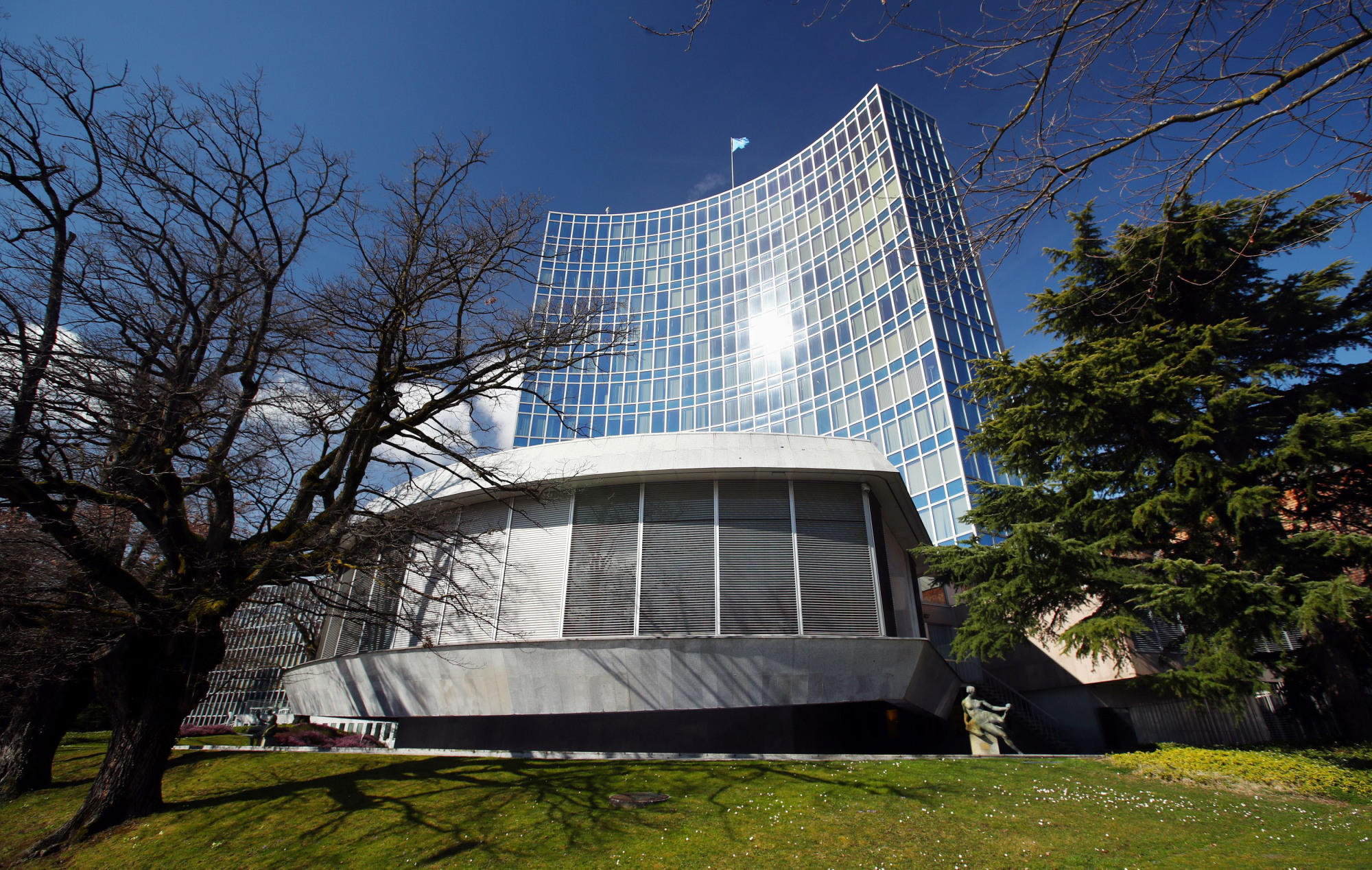At first glance, last week's vote for the next director general of the World Intellectual Property Organization (WIPO) was a simple contest that pitted Wang Binyang, currently a WIPO deputy director and a former Chinese trade official, against Daren Tang, head of Singapore's intellectual property office. In fact, however, the contest was the latest skirmish in the geopolitical battle between China and the West.
Tang's win is a blow to Chinese ambitions, but it is only a setback. China is targeting international organizations to increase its global influence and that strategy demands a response. That response is only taking shape.
Like the 14 other specialized United Nations agencies, the WIPO is a technical body that organizes, directs and coordinates international action and national capacity building — in this case, in the fields of creative activity and the protection of intellectual property. Its denizens are specialists and bureaucrats who set and administer global standards that advance and protect new and original ideas, ensuring that they can be turned into things of tangible value and worth.

















With your current subscription plan you can comment on stories. However, before writing your first comment, please create a display name in the Profile section of your subscriber account page.